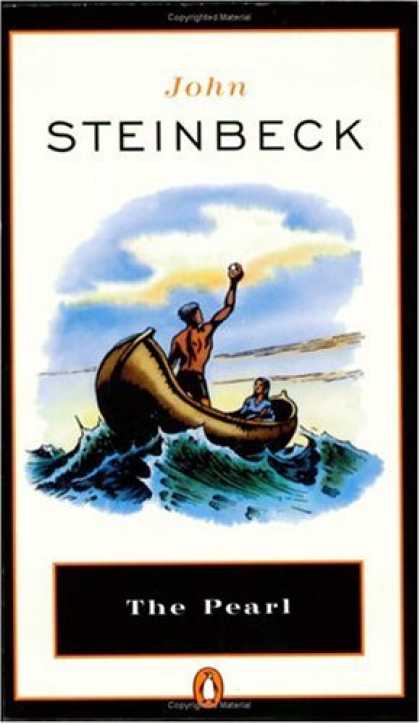I'm being a bit of procrastinator with the packing, and Cassidy is still in bed, so I thought I'd do a little book post. It's a little book-report-y,
but I hope you enjoy it!
"Three Lives, more radically than any other work of the time [1909] in English, brought the language back to life. . . . life as it was lived by everybody living in the century, the average or normal life as the naturalists had seen it" -- Donald Sutherland, in Gertrude Stein: A Biography of Her Work
Madame Cezanne portrait that inspired Stein's Three Lives
Three Lives was the first published work of Stein, and consists of the stories, or studies, of three women: "The Good Anna" is a kind but authoritative German servingwoman; "Melanctha" is an uneducated but sensitive black (or mulatto) girl; and "The Gentle Lena" is a pathetically feebleminded young German maid. Overall, the writing style, straightforward and sometimes repetitive, really reminded me of Joyce, which is inline with critics who call Three Lives an American Ulysses.
"Melanctha", the longest of the three, has given me much more to talk about than the other three. It was a little racist and Stein used many antiquated terms, but was it racist for the early 1900s when Three Lives was published? I don't know. But it does include many stereotypes. It's also interesting to note that she has no adjective to her name as the other women do. Not only about race, "Melantha" is also about depression and the role of women. She considers suicide multiple times throughout. It really was the most memorable for me.
Overall, I liked Three Lives. it took some time to get used to the writing style, both of Stein and the vernacular of the early 1900s, and to adjust to the higher literary level of the novel versus the majority of today's. Once I got used to it though, I really did enjoy the story. It was interesting to see how their lives were so different from ours today, but women problems are still women problems. The characters were fairly relate-able and memorable. It was a very literary endeavor, but well worth the undertaking.






